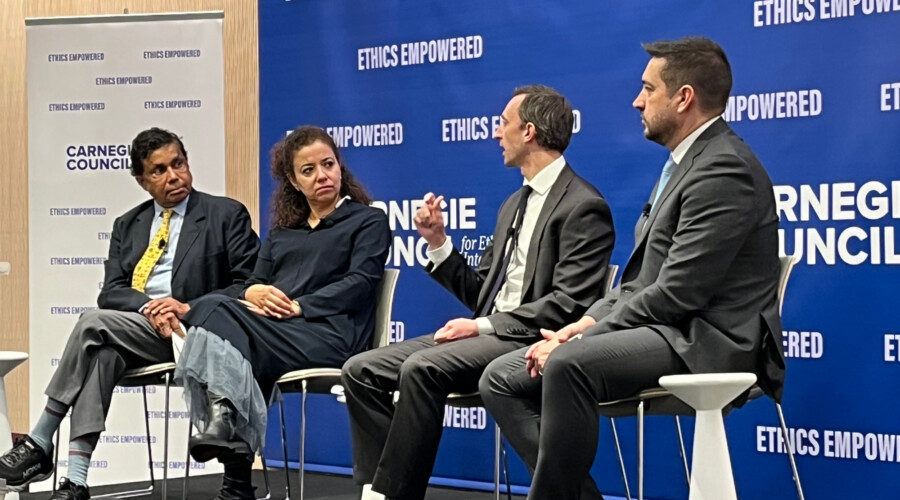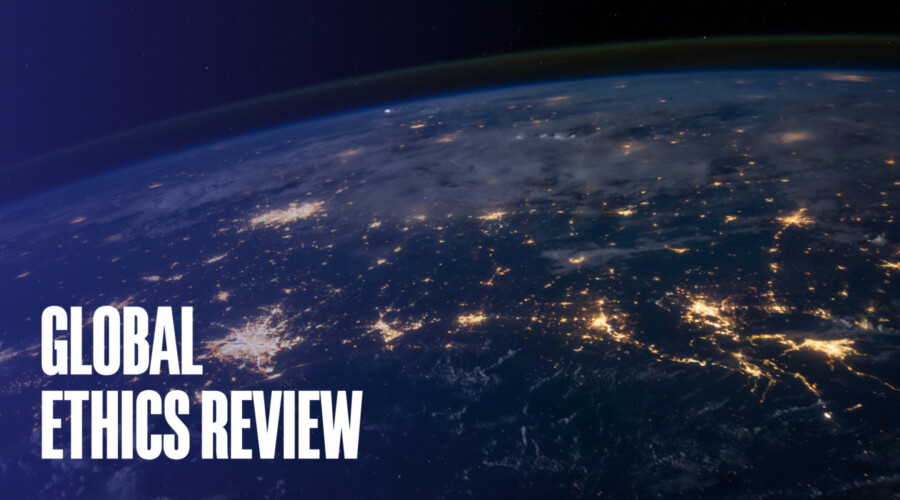Should the U.S. shed some global ambitions and responsibilities? Or, is America's global role simply too important, both to the U.S. and the world? What do you think?
Voluntarily retreating from global leadership is unheard of. Falling from global
preeminence is hard! Few manage decline with grace. Great states dissolve under
the weight of military or economic defeat.
The Ottoman, Austro-Hungarian, Chinese, Russian, and German empires died by 1919 through war and revolution. After WWII even the victors fell. France chose regional engagement, cultural assertion, and the EU. Britain relied on a special relationship with the U.S. In 1991, the Soviet Union imploded and Russia struggles with the aftermath.
Similarly, has the U.S. become a decadent hegemon ripe for a fall?
There are
huge budget deficits, disemboweled manufacturing sectors, gigantic trade imbalances,
wars in Afghanistan and Iraq, global military commitments, and injured financial
services industries. All signs of decline.
Domestically, Ross Douthat suggests that America engages in "a frantic coarseness that 'bravely' trashes its own values and traditions, and then knuckles under to totalitarianism and brute force."
Should the U.S. refocus on America, rebuild its infrastructure, regenerate its education, reignite its competitiveness, and return to basic values? Could the U.S. gracefully define a narrower core of global interests?
Or, is America's global role simply too important, both to the U.S. and the world? Is the U.S. the "indispensible nation" whose military and moral absence would lead to a dismal global future?
What do you think?
See Ross Douthat, "Not Even in South Park?" The New York Times, April 26, 2010, p. A23.


